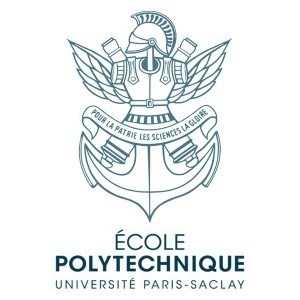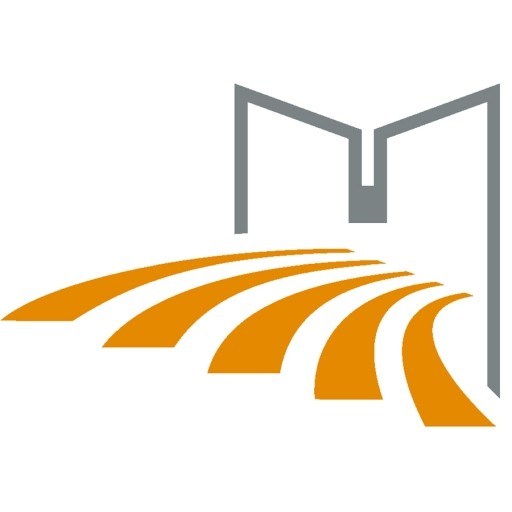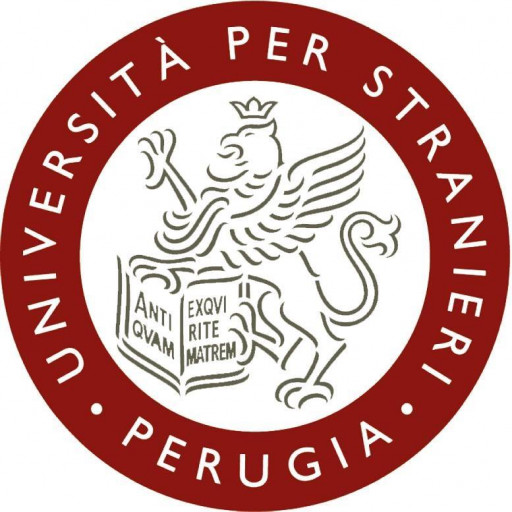Photos of university / #polytechniqueparis
Communication Systems is a multidisciplinary program designed to equip students with comprehensive knowledge and practical skills in the field of modern communication technologies. The program covers a broad spectrum of topics including digital communication, signal processing, telecommunications networks, wireless systems, and information security. Students will learn about the development, implementation, and management of various communication systems used in a wide range of industries such as telecommunications, broadcasting, internet services, and mobile communications. The curriculum combines theoretical foundations with practical applications, enabling students to analyze and design complex communication networks and systems. Emphasis is placed on hands-on experience through laboratory work, projects, and internships, fostering problem-solving skills and innovative thinking. Graduates of this program will be prepared for careers in designing, maintaining, and optimizing communication infrastructure, as well as for research and development activities in the rapidly evolving digital communication landscape. The program also aims to develop professionals capable of understanding the challenges of cybersecurity in communication systems, ensuring data integrity and privacy. With a focus on modern and emerging technologies like IoT, 5G, and cloud-based communication services, students will be at the forefront of technological advancement. The program is suitable for individuals interested in pursuing careers in telecommunications companies, technology firms, government agencies, or pursuing postgraduate studies in related fields. Graduates will possess a strong foundation in both hardware and software aspects of communication systems, making them valuable assets in the global technology industry. Overall, the Communication Systems program prepares students not only to meet current industry demands but also to contribute to innovations shaping the future of digital communications worldwide.
The Bachelor's degree program in Communication Systems at the Polytechnic University is designed to equip students with comprehensive knowledge and practical skills in the field of modern communication technologies. Throughout the course, students will explore fundamental principles of telecommunications, data transmission, network architecture, and wireless communication systems. The program emphasizes both theoretical understanding and hands-on experience, preparing graduates for careers in developing, managing, and optimizing communication networks across various industries. Students will learn about digital signal processing, radio-frequency communication, fiber-optic technologies, and cybersecurity aspects related to communication infrastructure. Practical training includes laboratory work, project development, and internships with leading technology companies, enabling students to apply their skills to real-world challenges. The curriculum also covers emerging trends such as 5G wireless networks, IoT (Internet of Things), and cloud-based communication services, positioning graduates at the forefront of technological innovation. Faculty members are experienced specialists engaged in cutting-edge research, ensuring that students receive contemporary and relevant education. Upon completion of the program, graduates will be capable of designing, implementing, and maintaining complex communication systems, contributing effectively to telecommunications companies, IT firms, and technology start-ups. This program is ideal for students interested in pursuing careers in network engineering, system administration, research and development, or technical consulting in the dynamic field of communication engineering.
Admission to the Communication Systems programme requires applicants to possess a relevant completed secondary education or its equivalent. Prospective students must submit the standard application form along with copies of their academic transcripts, demonstrating a solid foundation in mathematics, physics, and information technology. Depending on the specific entry requirements of the Polytechnic University, applicants might need to provide results from entrance examinations or interviews to assess their technical aptitude and motivation for the programme.
The curriculum is designed to equip students with comprehensive knowledge of communication theory, digital signal processing, telecommunication networks, and information security. It includes mandatory coursework in mathematics (mathematical analysis, algebra, probability theory), physics (electromagnetism, wave propagation), and computer science fundamentals such as programming and data structures. Students must undertake practical laboratory work and projects to develop hands-on skills in designing and managing communication systems.
Additionally, the programme emphasizes the development of problem-solving abilities, teamwork, and project management skills through coursework, internships, and research projects. To graduate, students are typically required to complete a final thesis or project under supervision, demonstrating their ability to apply theoretical knowledge to real-world communication system challenges.
English language proficiency might be required for international applicants or programmes offered in English. International students might need to submit evidence of language skills through recognized tests like IELTS or TOEFL. Throughout their studies, students are encouraged to participate in internships and industry collaborations to gain practical experience and industry insights.
Graduates of the Communication Systems programme are prepared for careers in telecommunications, network infrastructure design and management, wireless communication systems, and related fields. They may also pursue further studies or engage in research activities in advanced communication technologies. The university ensures that admission criteria and curriculum standards adhere to national educational regulations and industry requirements, aiming for graduates to meet international standards of engineering competence in communication systems.
The financing of the Communication Systems program at the Polytechnic University is primarily supported through a combination of government-funded scholarships, university grants, and tuition fees paid by students. The university offers various scholarship opportunities for both domestic and international students, which are often awarded based on academic achievement, need, or specific eligibility criteria. These scholarships help offset the costs associated with the program and make higher education more accessible to a diverse student body. Additionally, the university collaborates with industry partners and sponsors, which sometimes provide funding or internships that contribute to students' practical training and lessen their financial burden.
Students enrolled in the program can also benefit from state-funded programs designed to support education costs, including subsidies for those in need. The university's financial aid department provides information and assistance regarding these support options, helping students plan and manage their finances throughout their studies. Furthermore, students can participate in part-time work opportunities within the university or in nearby industries related to communication systems, contributing to their income while gaining valuable experience.
International students often have access to different financial options, including external scholarships and grants, which are advertised via the university’s international office. The university also encourages students to seek external funding sources, including government scholarships from their home countries and international organizations dedicated to supporting education in engineering and technology fields. Overall, the financing of the Communication Systems program is designed to ensure that students have multiple avenues for financial support, enabling them to focus on their studies and successfully complete their degrees.
The Communication Systems program at the Polytechnic University offers a comprehensive curriculum designed to equip students with the theoretical knowledge and practical skills necessary for the modern telecommunications and information technology industries. The program covers fundamental topics such as digital and analog communication, signal processing, network protocols, and data transmission technologies. Students learn to design, analyze, and optimize communication systems, preparing them for careers in telecommunications companies, network service providers, and related sectors.
The program emphasizes hands-on learning through laboratory work, project development, and internships with industry partners. Students are introduced to the latest communication technologies, including wireless and mobile communications, optical fibers, and satellite systems. Specializations within the program enable students to focus on areas like network security, multimedia communications, and wireless sensor networks, aligning their skills with current industry demands.
Faculty members are experienced experts engaged in research activities, often collaborating with industry to develop innovative communication solutions. This ensures that students are exposed to cutting-edge advancements and practical challenges in the field. The program also prioritizes soft skills development, including teamwork, project management, and communication skills, which are vital for successful careers in technical environments.
Graduates of the Communication Systems program are well-positioned to pursue careers in designing, implementing, and managing communication networks, developing new communication protocols, and working in research and development for high-tech firms. The program’s strong emphasis on both theoretical foundations and practical applications makes it a leading choice for students interested in the dynamic field of communication technology. The university’s modern laboratories and research centers provide an ideal environment for students to innovate and experiment with new communication methods and systems. Overall, the program prepares graduates to meet the challenges of a rapidly evolving technological landscape, contributing to advancements in global communication infrastructure.










